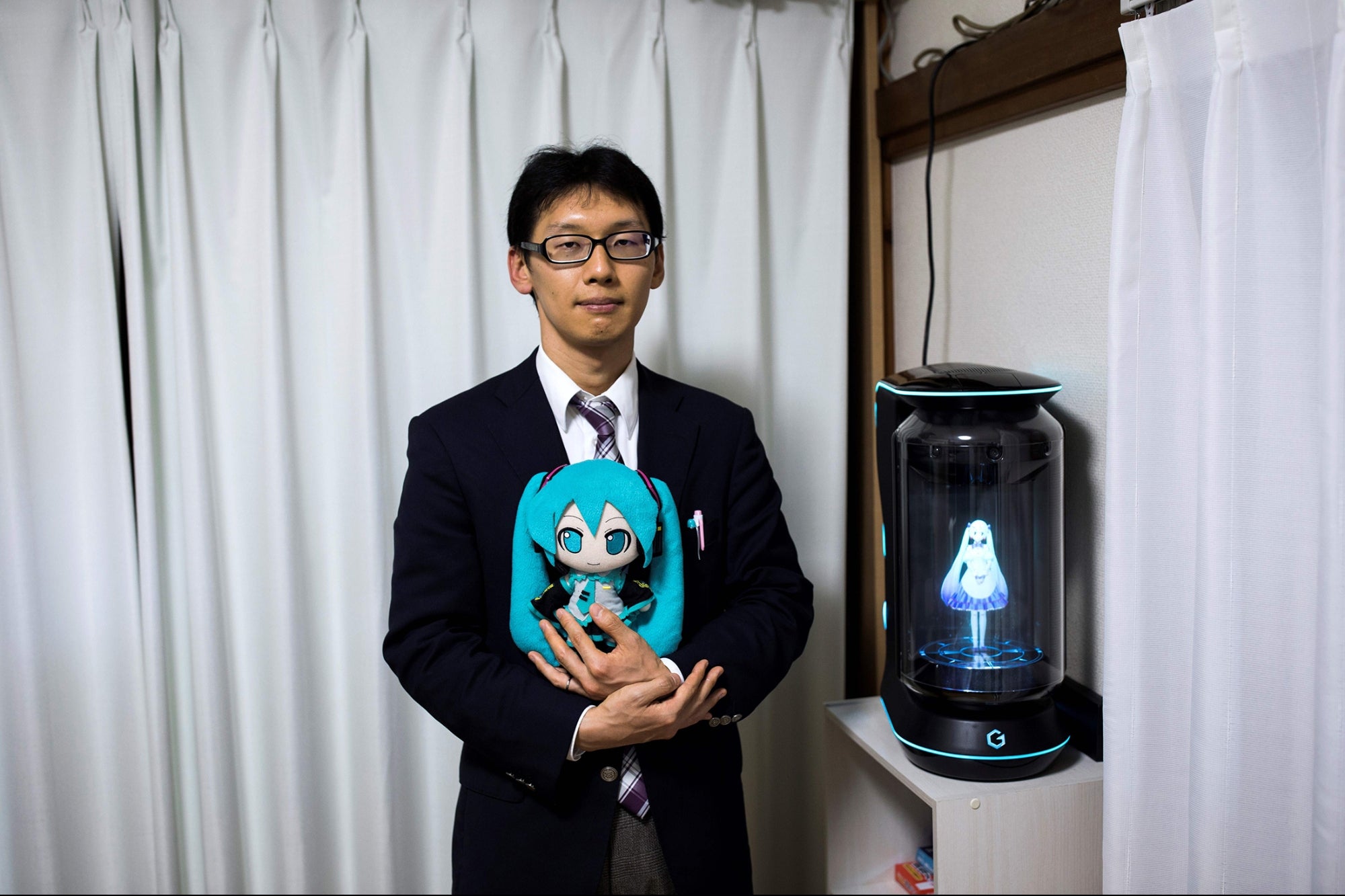Getting In On The Act: A New Generation Of Investors Is Here Gen-Z and millennials are digital natives, caring about climate change, advocating for fair practices, and seeking impact investments that align with their values, and offer more than a short-term financial return.
Opinions expressed by Entrepreneur contributors are their own.
You're reading Entrepreneur Middle East, an international franchise of Entrepreneur Media.

The investment world has undergone rapid change since the onset of the COVID-19 crisis. Data shows that global venture funding reached a record US$621 billion in 2021- more than double the 2020 mark of $294 billion. It is also swinging away from the historically dominant US, with Asia now the top region for global deals in 2021, with 36% of deal shares, surpassing the US deal count for the first time. Current investment trends reveal a particular interest in "building back better" using innovative technologies to solve issues in the diverse sectors impacted by the pandemic, and also to find solutions to climate change.
A new generation of younger investors are getting in on the act. These Gen-Z and millennials are digital natives, caring about climate change, advocating for fair practices, and seeking impact investments that align with their values, and offer more than a short-term financial return. To that end, the results of the 2022 Investor Trends report, based on information submitted by investors who were a part of the Angel Rising Investor Education Symposium that took place in March this year, were notable in how they reflected these trends in this region.
Hosted by VentureSouq and startAD, the global startup accelerator powered by Tamkeen and anchored at NYU Abu Dhabi, the symposium this year focused on food security, and concluded the Conscious Investor Fellowship, creating opportunities for investing in startups and leveraging technology for good. It was perhaps no surprise, then, that the average investor age of participants was 37 compared with the US average of 57.6. Within this group, the 20-39 age group made 62% of investments, with an average ticket size of $46,691 (comfortably above the US average of $35,255), compared with 36% of investments made by people aged 40-59 who invested $51,210 on average.
Related: How To Build A Diverse Online Investor Portfolio In A Volatile Financial Market
Source: Angel Rising 2021 Investor Trends
This is encouraging news for the future of impact investing, as their investment choices reveal. Their biggest investments in the Middle East and North Africa (MENA) were in agtech, foodtech, and e-commerce startups, at 10% each. The solutions that these investments can help provide are vital since half of the MENA's food is imported, rising to 90% in the GCC, and that food production generates around 37% of man-made greenhouse gas emissions. The region must capitalize on investments in agtech startups to ensure food security through sustainable development of its agricultural sector to feed a rapidly growing population. The FoodTech Challenge is one such competition that is funneling global creativity and investments, with a focus on finding the next wave of technologies that are on the cusp of transforming food and traditional agriculture practices, efficiently and sustainably for the UAE market.
Looking ahead, there is clearly room for targeted investment in other promising sectors. Environmental tech attracted the highest average investments overall at $58,018, followed by manufacturing ($56,976) and supply chain/fast-moving consumer goods ($56,632), cleantech ($56,383), while education lagged considerably behind at $44,500. Given the need for new solutions in this space, there would seem to be room for increased activity in edtech innovations.
Geographically speaking, the 40-59 group were predictable in their top investment "safe" spots of Australia ($87,500) followed by Europe ($75,000) and North America ($62,500). The 20-39 group might have made safe choices for their number two and three spots (Australia at $65,000 and Europe at $61,538), but their top investment was the upcoming market of Central and South America ($75,000).
Source: Angel Rising 2021 Investor Trends
On the topic of gender parity, with 25% of investments in the MENA and Europe made by women this year, this was above the US average of 22% for female investors. These women also invested more per ticket than their male counterparts, with an average of $51,316 compared with $45,940 for men in the 20-39 demographic, rising to $63,636 (vs $48,529.41 for male) in the 40-59 range. This is encouraging, seeing as much needs to be done to improve the funding to female-run businesses. In 2020, female-led startups received just 2% of global venture capital (VC) funds, while startups with male and female cofounders still only received 9%. Given how research shows that 51% of women consider the founders' gender to be highly important, compared with 6% of their male counterparts, increasing the number of female participation is crucial to encouraging gender-balanced investment.
What we've talked about often at startAD is the opportunity for investors to use the UAE as a base to serve the vast and diverse market on our doorstep. The global consumer class is set to reach 5.2 billion people by 2030, out of which over three billion of them will be in India, China, and Africa, aka the ICA region. Given that the MENA is part of this "ICA Corridor," there is a golden opportunity to serve this global entrepreneurial economic landscape. All this matters because people need to be fed, climate change must be tackled, and there is a huge economic prize for the innovators, and a growing demand from consumers for change. A new Mubadala-backed ESG report found 79% of global respondents place sustainable investing as a high priority, rising to 86% in the UAE. Our new generation of investors are thus well-placed to capitalize on the exciting opportunities that lie ahead.
Related: The Time Is Now: Why Conscious Investment Is Ready To Take Off In The Middle East















